Book Review: 'Letters to a Young Gymnast' by Nadia Comaneci
Book Review: 'Letters to a Young Gymnast' by Nadia Comaneci
Book Review: 'Letters to a Young Gymnast' by Nadia Comaneci
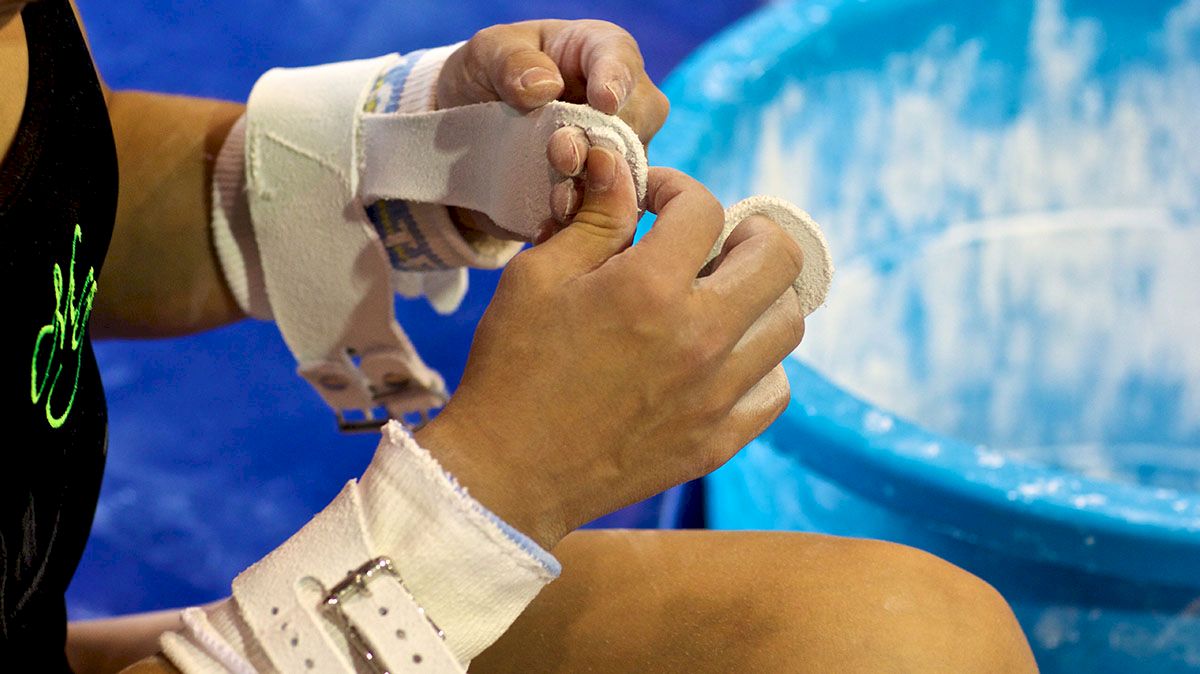
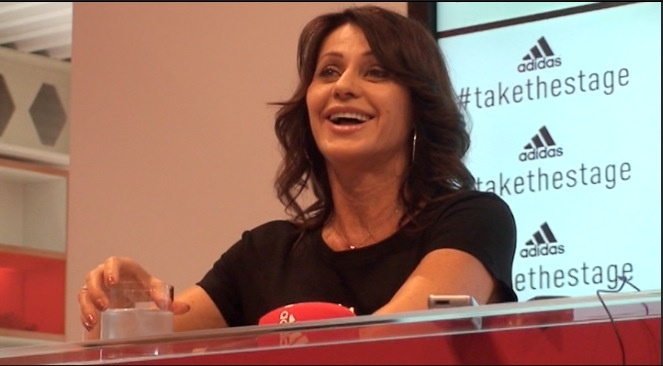
Nadia Comaneci at a speaking engagement during the 2012 Olympics
Of the many books I have read, Letters to a Young Gymnast by Nadia Comaneci remains one of my favourites. As a gymnast and fan, I have a more than slightly obsessive knowledge of gymnastics today, but the book transported me to a world that I had never experienced before; gymnastics in the late 20th century.
The book was written by Comaneci herself, which I found immediately appealing, as autobiographies dispose of all media speculation and narrate exactly how it happened, from the person who knows it best. Although the title of the book may suggest that the target audience is children, I personally found I could relate to and enjoy the book more now as a fifteen year old, than I could when I first read it at eleven.
"You cannot truly understand a person unless you know where they have come from." - Nadia introduces her story with a fascinating opening chapter, which details her childhood in Romania. It includes engaging anecdotes which give an insight into her family's philosophy on religion and luck, her simple but happy childhood and her personality. A theme I noticed early on in the book is the author's appreciation of the evolution of her sport. Nadia continually makes reference to how gymnastics has evolved with a brief paragraph at the beginning of each chapter describing gymnastics skills and her memories of competition. "Today, this is rated as a B move. In 1976, it was the most difficult dismount being performed." The paragraphs also serve as a constant reminder of the accomplishments that resulted from the processes described in the main body of the chapters.
Bela Karolyi's presence is felt in the book as Comaneci describes her memory as "hazy" and so turns to an extract from Karolyi's autobiography to fill in the details of the first time they met. The most interesting theme in the book for me was the development of Comaneci's relationship with Bela. "There have been times when he has tap-danced along the gray line between right and wrong." The author comments on his coaching style and its effectiveness for her as a child, as well as the pair's later "disagreements and misunderstandings" as Comaneci matured into a young woman. She also gives well-reasoned judgement on the controversy that has since surrounded her old coach.
Nadia's recollection of her historic 1976 Olympics is surprising. She is keen to emphasise how oblivious she was to the magnitude of the competition and her perfect scores of 10. "It didn't have an impact on me-not one bit. I thought that maybe the judges were being too good to me.... That was what was expected of me.... winning wasn't an enormous surprise. Very simply, that is what I was supposed to do." In the chapters that follow, her detailed narrative of events after the Olympics and her comeback as a gymnast offer an alluring insight into her outlook on success and sacrifice. As I read the book, first and second time around, I developed a great appreciation of the incredibly open and honest tone Comaneci displays throughout. Her words, aimed directly at the reader, help us to connect with her and her story.
I equally enjoyed the non - gymnastics related parts of the book as Comaneci writes about the history and politics of her homeland, Romania, and her experience of life under a communist system. The writer delves into the Karolyis' defection from the country, and later her own, describing the intense fear, uncertainty and risks associated. I found this part of the book to be particularly gripping.
The story draws to a close in the final chapters with details of the beginnings of her life in America and her relationship with former USA gymnast Bart Conner. Comaneci summarises her philosophy:
"I have ten rules for living. They are the product of my past and present and my hopes for the future:
1. Master the basics
2. Focus on the details
3. Expect to struggle-it is not easy to succeed
4. Acknowledge your mistakes and learn from them
5. Define success in your own terms
6. Enjoy the process because preparation is everything
7. Do more than what is asked of you
8. Be original- make your own impact
9. Be willing to sacrifice-it makes success even sweeter
10. Maintain your love and passion for what you do"
Overall, I feel that Letters to a Young Gymnast is an excellent read for fans of gymnastics, history, politics, or all of these!
I hope I have achieved my aims for this review: to provide an interesting and detailed interpretation of the book for people who have read it, while encouraging those who haven't to do so.
Lucy
15-year-old gymnast from Great Britain
15-year-old gymnast from Great Britain
Related Content
 Replay: Lander vs Mars Hill | Mar 28 @ 6 PM
Replay: Lander vs Mars Hill | Mar 28 @ 6 PMMar 29, 2024
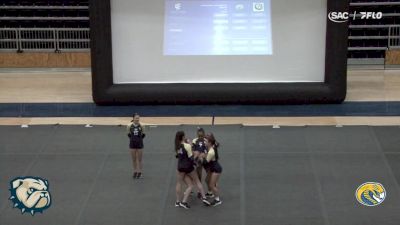 Replay: Coker vs Wingate | Mar 21 @ 6 PM
Replay: Coker vs Wingate | Mar 21 @ 6 PMMar 22, 2024
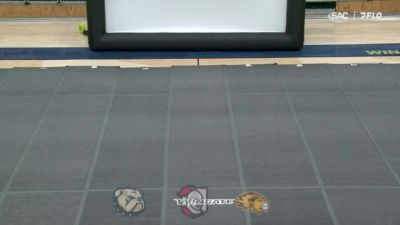 Replay: Wingate Tri-Meet - Acrobatics & Tumbling | Mar 15 @ 5 PM
Replay: Wingate Tri-Meet - Acrobatics & Tumbling | Mar 15 @ 5 PMMar 15, 2024
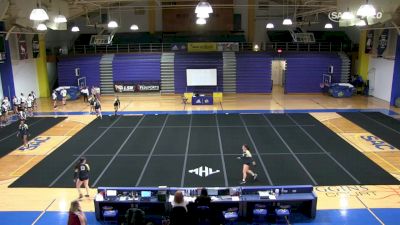 Replay: Mars Hill Tri-Meet | Feb 16 @ 6 PM
Replay: Mars Hill Tri-Meet | Feb 16 @ 6 PMFeb 17, 2024
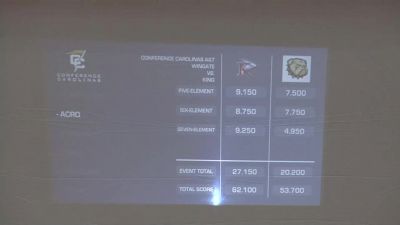 Replay: King (TN) vs Wingate - 2024 2024 King (TN) vs Wingate - Acrobatics & Tumbling | Feb 10 @ 4 PM
Replay: King (TN) vs Wingate - 2024 2024 King (TN) vs Wingate - Acrobatics & Tumbling | Feb 10 @ 4 PMFeb 10, 2024
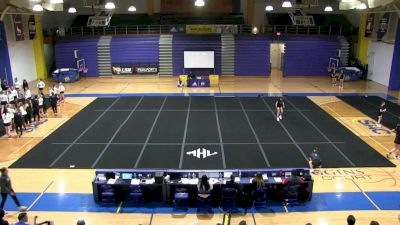 Replay: Belmont Abbey vs Mars Hill | Feb 10 @ 3 PM
Replay: Belmont Abbey vs Mars Hill | Feb 10 @ 3 PMFeb 10, 2024
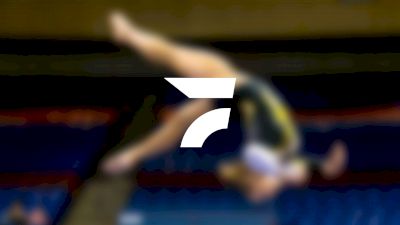 How to Watch: 2024 King (TN) vs Wingate - Acrobatics & Tumbling | Gymnastics
How to Watch: 2024 King (TN) vs Wingate - Acrobatics & Tumbling | GymnasticsFeb 10, 2024
 How to Watch: 2024 Wingate Tri-Meet | Gymnastics
How to Watch: 2024 Wingate Tri-Meet | GymnasticsFeb 8, 2024
 How to Watch: 2024 Wingate Tri-Meet | Gymnastics
How to Watch: 2024 Wingate Tri-Meet | GymnasticsFeb 8, 2024